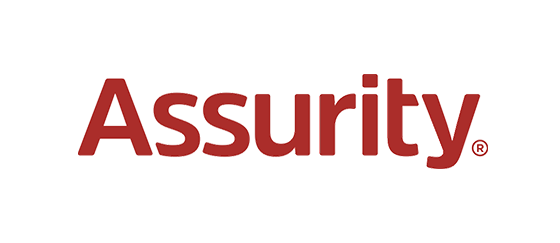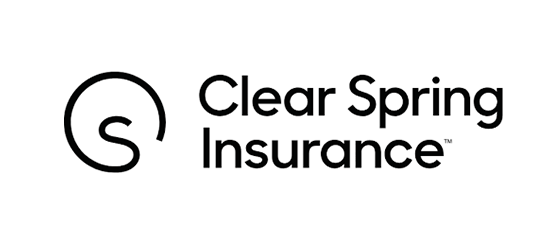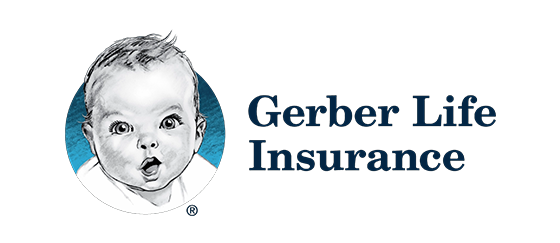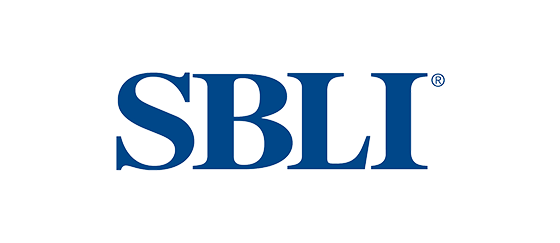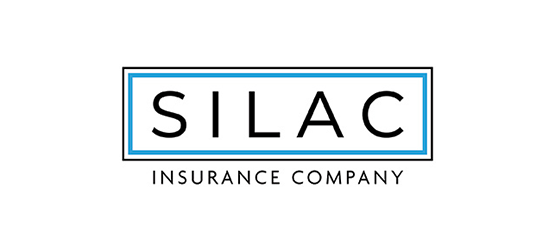What is Health Insurance?
Health insurance is a vital financial tool that helps cover the cost of medical care, protecting you from the high expenses of doctor visits, hospital stays, prescriptions, and preventive services. By sharing the costs of healthcare between you and your insurer, health insurance ensures you have access to the medical services you need without overwhelming financial strain.
Health insurance can be purchased individually, through an employer, or via government programs like Medicare and Medicaid. With customizable plans, it’s possible to find coverage that aligns with your health needs and budget, making it an essential safeguard for you and your family.
Key Features of Health Insurance
- Preventive Care Coverage: Includes services like annual checkups, screenings, and immunizations to maintain overall health.
- Comprehensive Medical Benefits: Covers doctor visits, specialist consultations, surgeries, and hospital stays.
- Prescription Drug Coverage: Helps offset the cost of necessary medications.
- Wide Network Options: Many plans allow access to in-network and, in some cases, out-of-network providers.
- Emergency Care: Provides coverage for urgent medical issues requiring immediate attention.
Benefits of Health Insurance
- Financial Protection: Shields you from the high costs of medical emergencies, surgeries, or chronic care.
- Access to Preventive Care: Encourages early detection and treatment of health issues, reducing long-term healthcare expenses.
- Improved Health Outcomes: Ensures access to timely medical care and ongoing treatment.
- Customizable Plans: Offers flexibility to choose a plan that fits your needs, such as high-deductible plans or low-copay options.
- Peace of Mind: Provides reassurance that you and your family can access quality healthcare when needed.
Types of Health Insurance Plans
- Health Maintenance Organization (HMO): Requires you to use in-network providers and a primary care physician for referrals.
- Preferred Provider Organization (PPO): Offers flexibility to see in-network and out-of-network providers without a referral.
- Exclusive Provider Organization (EPO): Requires you to use in-network providers but doesn’t need referrals.
- Point of Service (POS): Combines elements of HMOs and PPOs, allowing out-of-network visits with a referral.
- High-Deductible Health Plans (HDHP): Features lower premiums and higher deductibles, often paired with a Health Savings Account (HSA).
Limitations of Health Insurance
- Out-of-Pocket Costs: Deductibles, copayments, and coinsurance may result in significant expenses, depending on the plan.
- Network Restrictions: Using out-of-network providers can lead to higher costs or no coverage.
- Coverage Exclusions: Some treatments, such as cosmetic procedures or experimental therapies, may not be covered.
- Complex Terms: Policies can be difficult to understand, requiring careful review of benefits and exclusions.
Who Should Consider Health Insurance?
Health insurance is essential for:
- Individuals seeking financial protection from high medical costs.
- Families needing comprehensive coverage for children and dependents.
- Employees who want to enhance workplace-provided benefits with supplemental options.
- Seniors eligible for Medicare looking to reduce out-of-pocket expenses.
- Self-employed individuals or those without employer-sponsored coverage.
Example Scenarios for Health Insurance
- Chronic Condition Management: A patient with diabetes uses their health insurance to cover routine doctor visits, prescriptions, and specialist consultations, ensuring manageable costs.
- Emergency Care: A young professional injured in a car accident avoids financial ruin thanks to their plan’s emergency and hospital coverage.
- Family Preventive Care: A family of four receives regular checkups, immunizations, and screenings fully covered by their health insurance plan.
Common Misconceptions About Health Insurance
Misconception 1: Health insurance is only for emergencies.
- Reality: Health insurance emphasizes preventive care and routine checkups to maintain overall wellness and reduce long-term costs.
Misconception 2: Healthy individuals don’t need health insurance.
- Reality: Accidents and unexpected illnesses can happen to anyone, and health insurance ensures you’re prepared for unforeseen expenses.
Misconception 3: All health insurance plans are expensive.
- Reality: With subsidies, employer contributions, and flexible plan options, health insurance can be affordable for most people.
FAQs About Health Insurance
Q: What is a deductible?
A: A deductible is the amount you pay out-of-pocket for healthcare services before your insurance begins covering costs.
Q: Are prescription drugs covered?
A: Most health insurance plans include a prescription drug benefit, though coverage levels vary by plan.
Q: Can I see any doctor with my plan?
A: It depends on the type of plan. PPO and POS plans typically allow out-of-network visits, while HMO and EPO plans require in-network care.
Q: Is preventive care fully covered?
A: Under most plans, preventive services like annual checkups and vaccinations are covered at no additional cost.
Tips for Choosing the Right Health Insurance Policy
- Assess Your Needs: Consider your healthcare usage, including routine care, prescriptions, and potential emergencies.
- Understand Costs: Review premiums, deductibles, copayments, and out-of-pocket maximums to determine overall affordability.
- Check the Provider Network: Ensure your preferred doctors and hospitals are included in the plan.
- Compare Plan Types: Decide between HMO, PPO, EPO, or HDHP options based on your preferences for flexibility and costs.
- Consider Supplemental Options: Add dental, vision, or accident insurance to enhance your overall coverage.
Why Health Insurance is Essential
Health insurance is more than a financial tool—it’s a safeguard for your well-being. Regular access to healthcare ensures early detection and management of health issues, improving outcomes and reducing costs over time. With a wide range of plans available, health insurance can be tailored to fit your unique needs, providing both affordability and comprehensive coverage.
Whether you’re an individual, part of a family, or an employer looking to offer benefits, health insurance is a cornerstone of financial security and health protection. By investing in a quality plan, you’re prioritizing your health and the health of those who depend on you.
Privacy and Compliance
We prioritize your privacy and adhere to HIPAA, FTC, and FCC regulations to ensure your personal information is secure. Your data is handled with care throughout the application and claims process.
Take the first step toward protecting your health and finances with Health Insurance.





